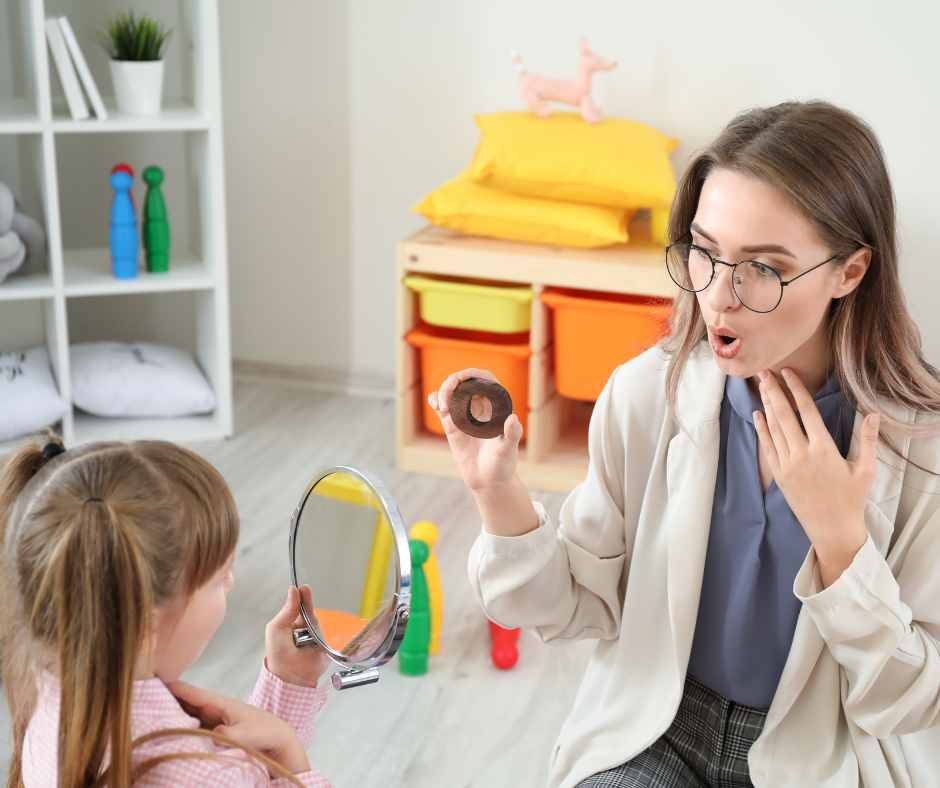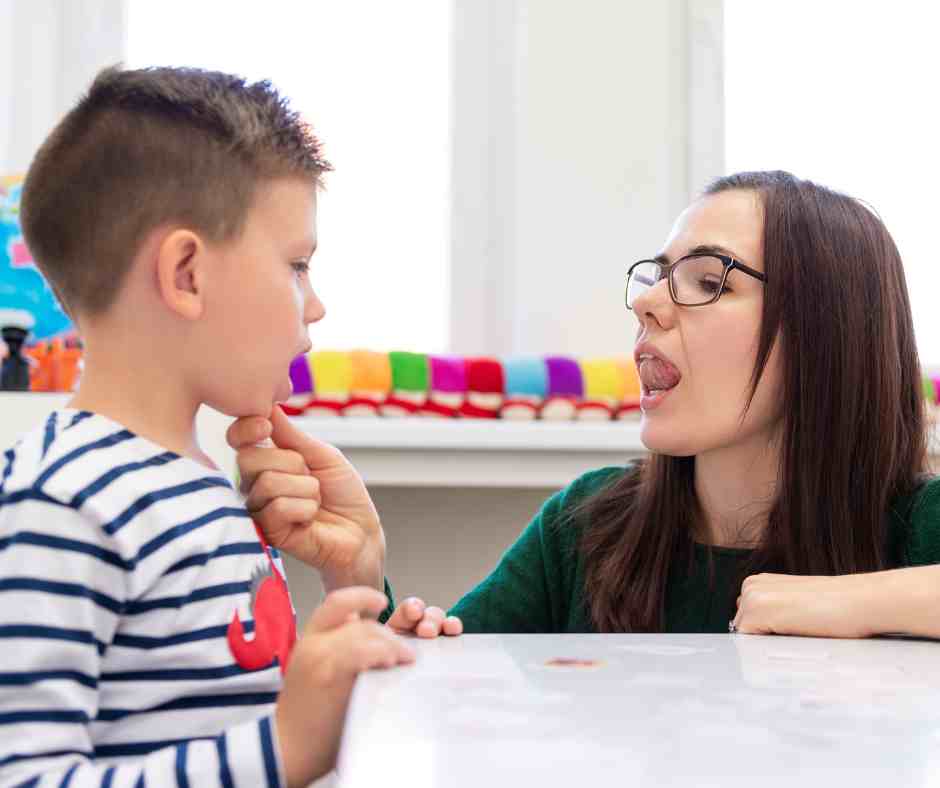Have you ever wondered why some kids start talking later than others?
Why some children struggle to speak and express them confidently?
Speech development happens through play, conversations, and daily interactions. Every story you tell, every word your child hears, and every little game you play helps them grow their speech and language skills. You don’t need complicated exercises or expensive tools as you can do the same with just patience, consistency, and a few smart habits.
What is the importance of daily habits in speech therapy for kids?
Speech therapy is about building the ability of a child to understand and express them. Many parents arrange speech therapy for their kids. But if you are not practicing with your child then this can slow down the progress.
Daily habits:
- Reinforce what the therapist teaches
- Give children more opportunities to practice
- Build confidence in speaking
- Turn learning into a natural, stress-free process
Simple Habits to Make a Big Difference
Talk About Everything
Tell them what you are doing during your daily routines. If you’re cooking, say, “These apples are red and sweet. I’m cutting the apples.” If you’re walking outside, talk about the cars, trees, and birds you see. This regular experience helps your child hear new words in context.
Read Together Every Day
Reading is another powerful tool for speech therapy. You can choose picture books with colourful images. Point to objects and name them. You can ask questions like, “What’s this?” or “What will happen next?”
Use Rhymes and Songs
Nursery rhymes and songs are fun and easy for children to remember. The rhythms make it easier for them to learn new words and practice pronunciation. You can also improve their listening skills by singing together.
Slow Down and Listen
When your child is speaking, don’t interrupt them to correct their mistakes. First, let them finish their sentence and then tell them the correct way. For example, if your child says, “I gone park,” you can react, “Yes, you went to the park. Was it fun?”
Working With a Therapist for speech therapy
If you are attending speech therapy sessions with your child then you should ask the therapist what specific skills they are working on. They can also provide you the targeted activities you can also do at home so your child gets regular practice. You can also use a small notebook to know new sounds, words, or phrases your child is learning.
When you should get professional help
All children develop their speaking skills at their own pace, but if your child is having trouble understanding, speaking, or making certain sounds after the expected age, then you should get professional help. By acting early, you can make therapy more effective for your kids and can avoid bigger challenges later.
Conclusion
Speech therapy not just happens in a clinic but it’s an ongoing journey that continues at home every day. Remember, by taking small steps every day you can make big changes over time. You need a bit of patience; as a result you can make an amazing progress in the speech journey of your child.



